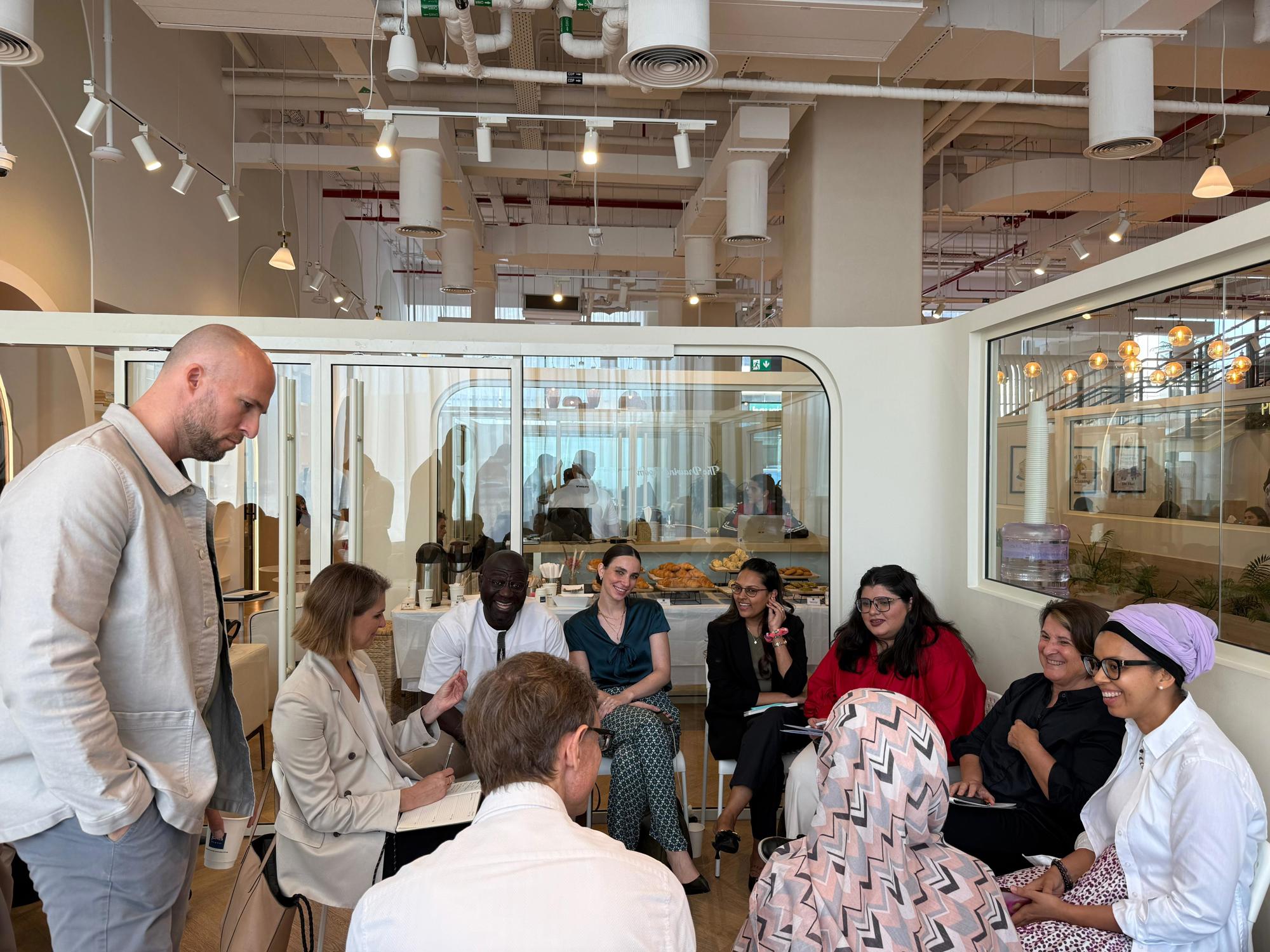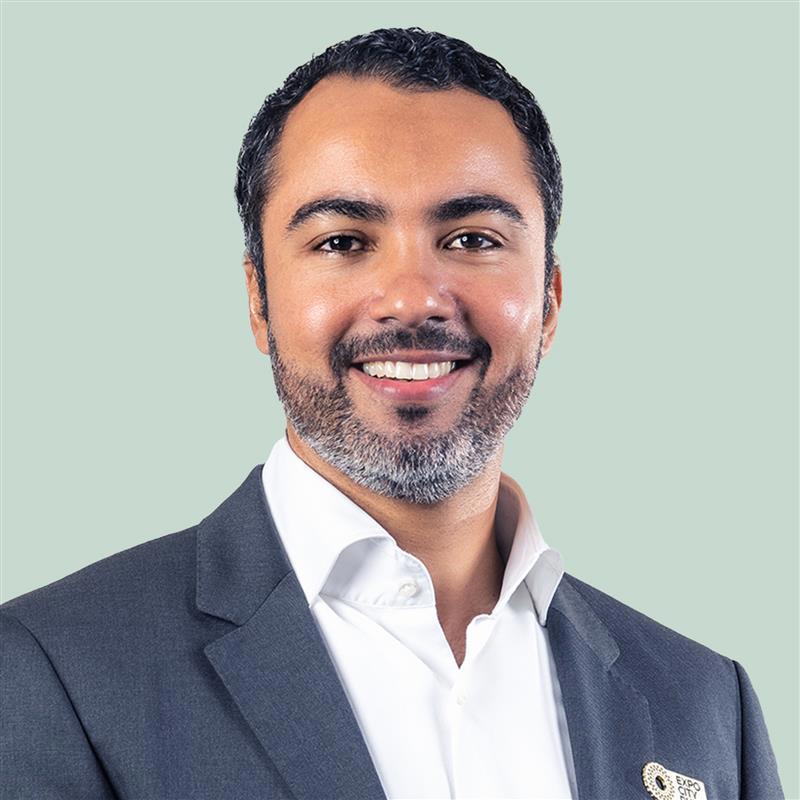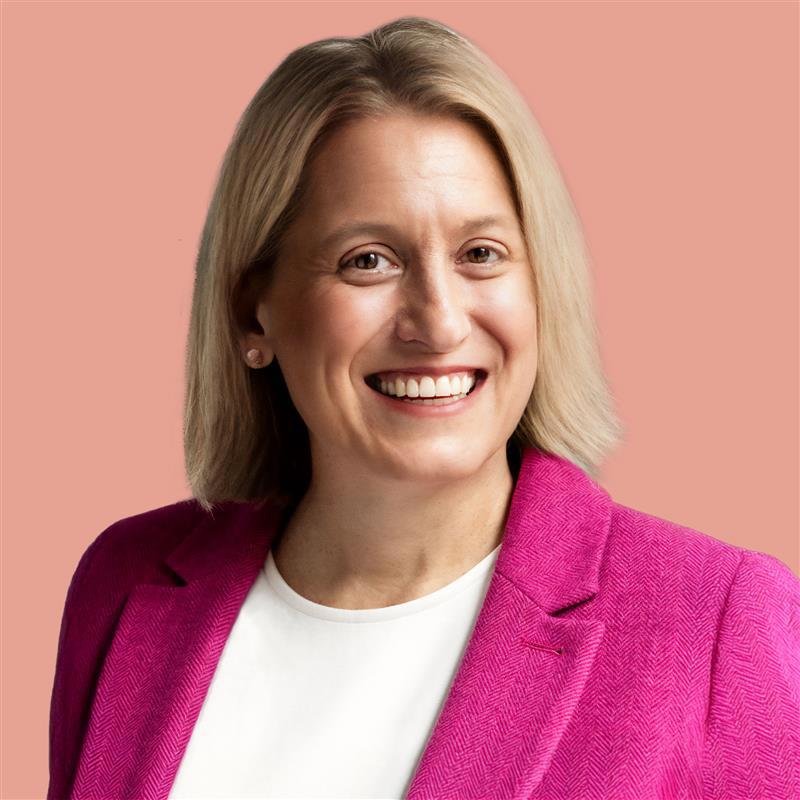Executive summary
Across the three groups, participants emphasised that meaningful impact in education-to-work pathways requires shifting from short-term, output-focused programming to long-term, community-driven, and sustainable systems change.
Scale must be defined by empowerment and durable outcomes, not spending or numbers alone, and programmes should remain flexible, adaptive, and rooted in the voices and lived realities of the people they serve.
Collaboration is essential: donors must fund for the long term, offer technical and ecosystem support, reduce duplication, and trust organisations to lead. NGOs should stay true to their mission, embrace agile “pivot culture,” and design holistically for community-wide inclusion.
Finally, the workshops highlighted the need to normalise non-traditional and informal learning pathways, recognising existing skills, aligning talent with employer needs, investing in digital and physical infrastructure, and integrating modular, lifelong learning models to create inclusive, scalable, and sustainable opportunities for all, especially those historically excluded from formal systems.
Below are detailed summaries of the key points identified and discussed, and some recommendations made by workshop participants for how we can reframe giving.
Workshop 1: Designing for Impact and Scale
What drives long-term success in education-to-work initiatives beyond just numbers?
Points considered / recommendations made:
- Scale and growth are not the same. Scale should be measured by how many people you empower, not how much you spent on them.
- Look beyond immediate outputs; unexpected outcomes matter. For example, a widow gaining land rights can secure her children’s future and generate income.
- Output and outcome are not the same.
- Impact, scale, and sustainability require strategic clarity and a strong “northstar” or theory of change, while remaining flexible.
- Understand your north star but accept the journey may change.
- Listening to beneficiaries is critical. Include them in programme design or you won’t achieve real impact.
- Use human-centred design—stay close to the people you serve.
- Empower people to create their own solutions.
- Training leads to autonomy—skills unlock jobs, businesses, and sustainable livelihoods.
- Avoid rigid outcomes—impact should be iterative and adaptive.
- Stay agile. Design with flexibility and resilience in mind. Funding cuts demand creative solutions and a mindset shift.
- Like start-ups, NGOs should embrace pivot culture. Never waste a crisis—turn problems into opportunities.
- Maintain feedback loops: pause, pivot, or stop when required.
- Design for sustainability, not just rapid growth. Scaling without longevity is pointless.
- NGOs should aim to make themselves redundant.
- Know your niche and stick to it—don’t chase funding trends.
- Scale for economies of scale, but design for sustainability and community ownership.
- Invest in both digital and physical infrastructure to create effective ecosystems so organisations can scale.
- Collaboration drives scale—share costs, platforms, networks, and technology.
- Philanthropy can be catalytic early on, but organisations need blended finance and less reliance on grants.
- Don’t depend on one donor, engage multiple partners.
- Design holistically. It’s not enough to give education to a village, you need to also ensure they have hygiene, electricity, enough food, compensation for families when children are no longer earning. If you do all these things together, then you will be able to scale and have real impact. You can only help a community when you’re helping the whole community.
- Avoid harm when scaling. Growth can disrupt family or community dynamics. E.g. We ran a programme helping Afghan women earn money for craft products, but this upset family dynamics and caused domestic tensions.
- Real scale comes from empowering communities through holistic, flexible, and human-centred approaches that prioritise sustainability over speed, collaboration over isolation, and lived experience over rigid targets. This approach allows organisations to grow in ways that are meaningful, ethical, and community-owned.
Workshop 2: Collaborating for Systems Change
How can cross-sector partnerships unlock deeper, more sustainable impact?
Points considered / recommendations made:
- Donors need to think longer-term and fund sustainably, not just give one-year grants.
- Stick with a context and fund for the long term. Don’t chase the next shiny object.
- Short-term funding makes planning impossible, yet donors still ask for long-term strategies from one-year grants.
- Be realistic about impact and timeframes. Real change takes time.
- Donors should think about long-term outcomes—where will today’s beneficiary be in 10 yars? We need more longitudinal evaluations.
- Donors should focus on who we serve. Let them own the solution and empower them.
- Stop spoon-feeding people; teach them how to feed themselves.
- Support NGOs with capacity building and interest-free loans so they can generate income and become financially sustainable.
- Donors can help beyond money—share knowledge, offer technical support, and connect grantees to other opportunities. Be a partner, not just a funder.
- There is too much competition and duplication. Organisations chase money instead of impact. We need more collaboration and less competition.
- NGOs are forced to act like businesses chasing contracts instead of building communities.
- Nonprofits need to stick to their vision and mission and not be swayed by funding. In India, some NGOs have recently lost their licences because they pivoted so far into tech during Covid that they were no longer doing what they were set-up to do.
- Many NGOs end up filling gaps left by governments, turning work into contract chasing.
- Networks matter—build them internally and with alumni. Networks are important. Build them within your organisation and alumni.
- One of my proudest moments was when a Kurdish refugee we had helped, gave back to our NGO. It was only 60 Euros, but it meant so much. It’s about creating a community of people who will continue to support the work and bring others in as well.
- Remittances are bigger than philanthropy and diaspora communities are driving change. How do we invest in their leadership?
- Some of our donors are true collaborators who get really involved with what we do. Others just give us money in exchange for a report at the end. The best donors are the ones who trust us.
- Define and communicate impact clearly without letting reporting overshadow programming.
- Use informal storytelling on social media to share authentic success stories. Encourage beneficiaries to tell their own stories.
Workshop 3: Normalising Informal Pathways
What infrastructure and mindsets are needed to embrace non-traditional learning and employment routes?
- Points considered / recommendations made:
- Donors need to think longer-term and fund sustainably, not just give one-year grants.
- Donors should invest in infrastructure to help organisations scale. Support should go beyond money to include digital services and technical expertise.
- There is so much talent out there, but how do we connect it to employers? We need better alignment.
- Work in the same direction. Upskilling talent benefits employers and communities alike.
- University education will become more modular. The single-degree model will be less relevant. Lifelong modular learning will matter more, topping-up skills to meet workplace demands and creating entry points for those without formal qualifications.
- Quality is key. Alternative education pathways must match the quality of traditional degrees and be compatible with formal education.
- Leverage technology and digital tools for accessible, lifelong learning. Current solutions are too fragmented; we need to bring them together.
- Social media is a powerful, accessible way to share skills and knowledge.
- One size doesn’t fit all. Speak to individuals, understand their needs, and design solutions accordingly—even within the same community.
- How can we open pathways to skills-based opportunities for all? How can we ensure inclusivity for refugees and people with disabilities? How can we tap into their expertise?
- Informal workers and entrepreneurs have valuable skills that are rarely recognised. We need to acknowledge existing knowledge and use it to inform formal education, rather than impose new learning.
- Overcome biases against informal learning pathways. They are not inferior options.
- Learn from global best practices while respecting local realities.
- Unify language so everyone understands.
- Integrate top-down policies with bottom-up approaches. Government initiatives and grassroots efforts need to connect.
With thanks to everyone who participated in the workshop.
Lorraine Charles; Nadeeen Alalami; Noor Zuberi; Carl Manlan; Ali Draycott; Beaudean Seil; Rangina Hamidi; Lori Figueiredo; Tessa Davis; Hawa Koshen; Max Martin; Nishant Singh; Mai El-Kinawi; Koko Zuberi; Melissa Saoudy; Lawra Bah; Reem Marto; Sean Brooks; Tatiana Muradyan; Ilham Sebti; Rania Ahmed; Marc Alan Sperber; Aldana Al Hashimi; Myriam Hunter; Raki Ben Mohamed; Aashraya Dutt; Manvi Aggarwal; Ayesha Kumar; Vardah Iram.




